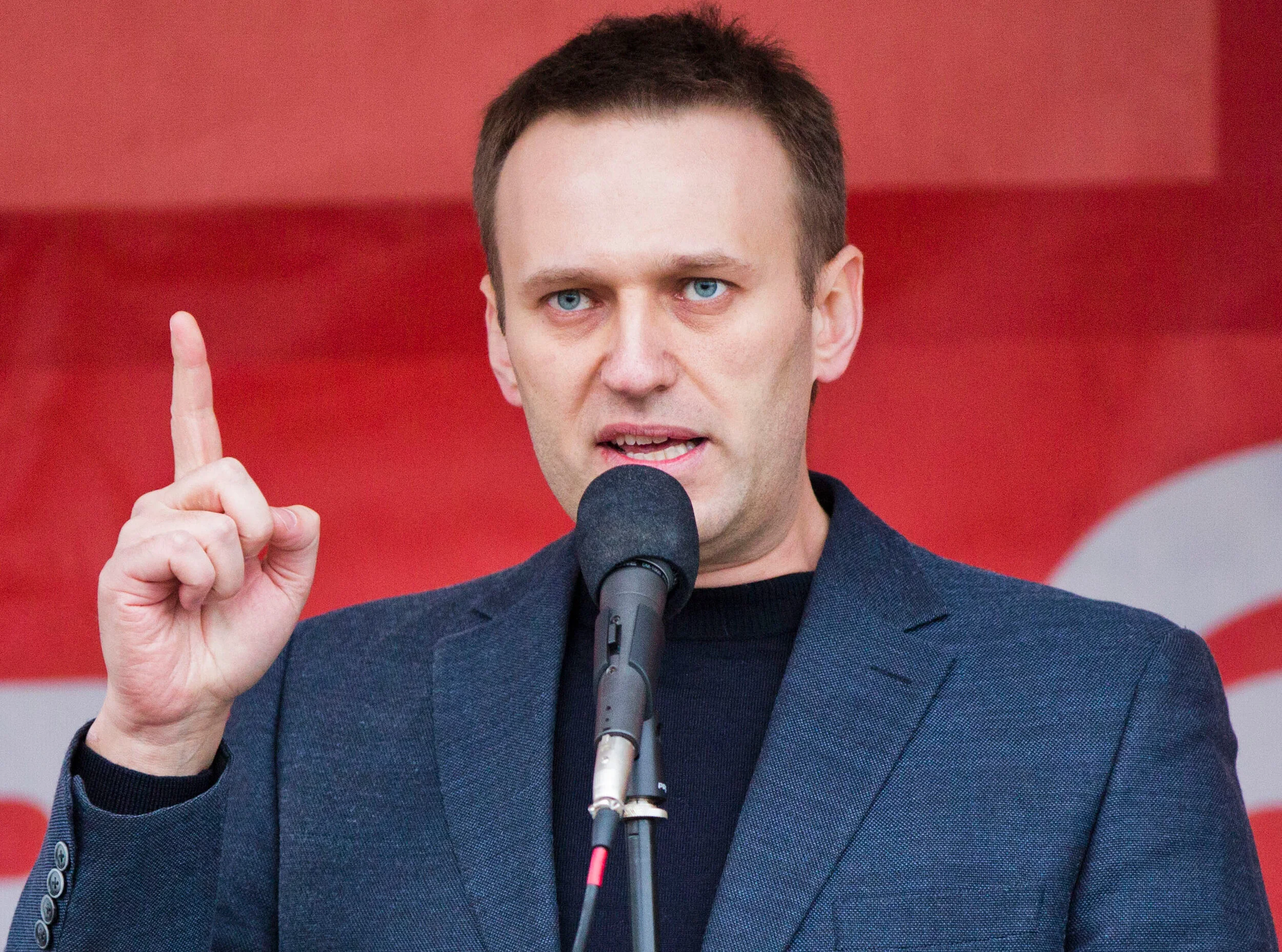Speaker of Russia’s Parliament Suspects German Involvement in Alexei Navalny’s Poisoning
Prominent Russian opposition leader Alexei Navalny is recovering in Germany after being poisoned. (Wikimedia Commons)
The speaker of the Russian Duma (or senate) Vyacheslav Volodin has accused German intelligence agents of poisoning Alexei Navalny in response to Russia’s continued recognition of Alexander Lukashenko’s presidency in Belarus.
Navalny, a prominent Russian opposition figure, has served as the voice for anti-corruption governance for years in the Eastern European region, calling for reform both domestically and abroad. His involvement in the political world has previously led to threats against, and violent attacks on him and his family. Navalny fell victim to a Novichok nerve agent introduced into his tea before boarding a flight from Tomsk to Moscow on August 20.
Before the attack, Lukashenko, a longtime ally of Vladimir Putin, criticized Navalny for encouraging the recent upheaval within Belarus, which began when Lukashenko won what many considered a rigged election. Earlier this month, suspicion fell on Lukashenko regarding his involvement in Navalny’s poisoning.
Volodin criticized the European Parliament’s recent decision to no longer recognize Lukashenko’s presidency in comments published on the State Duma’s website on September 18. “After the European Parliament’s statements,” Volodin claimed, “a case could be made that foreign intelligence agencies are behind the situation with Navalny.”
Volodin called for federal parliaments and other European legislatures to investigate potential involvement within their security agencies. However, he has singled out Germany, where Navalny currently remains in hospital. German officials referring to Navalny as Chancellor Angela Merkel’s “guest” have further exacerbated tensions. In response, Volodin called on the German Parliament to ask Merkel why she so actively pursues conflict between the two countries. “It is clear that Germany is a hostage of NATO and is forced to play the role imposed on it. However, the task of sound political forces is to sort out this situation and prevent Germany from being drawn into an anti-Russian campaign,” Volodin said.
Merkel has never had it easy as far as diplomatic relations with Putin go since her election as chancellor in 2005. Despite the many conflicts over the years, Merkel has maintained a terse diplomatic relationship with Russia. However, her relationship with Russia will no doubt undergo a seismic shift in the wake of Navalny’s poisoning. Merkel, already facing pressure to “take a harder line” with the easter nation, has already cancelled the high profile Nord Stream 2 natural gas pipeline, which would have carried Russian petroleum to German for distribution within the European Union. This comes amidst an influx of Russian provocations against Merkel, further characterized by the recent discovery that Russian hackers engineered the cyberattacks against the German parliament in 2015. While Merkel still looks to preserve relations, many officials now wish to reassess Germany’s foreign policy with Russia.
Navalny, meanwhile, remains in stable condition; recently taken out of a medically induced coma, he has regained the ability to walk.

